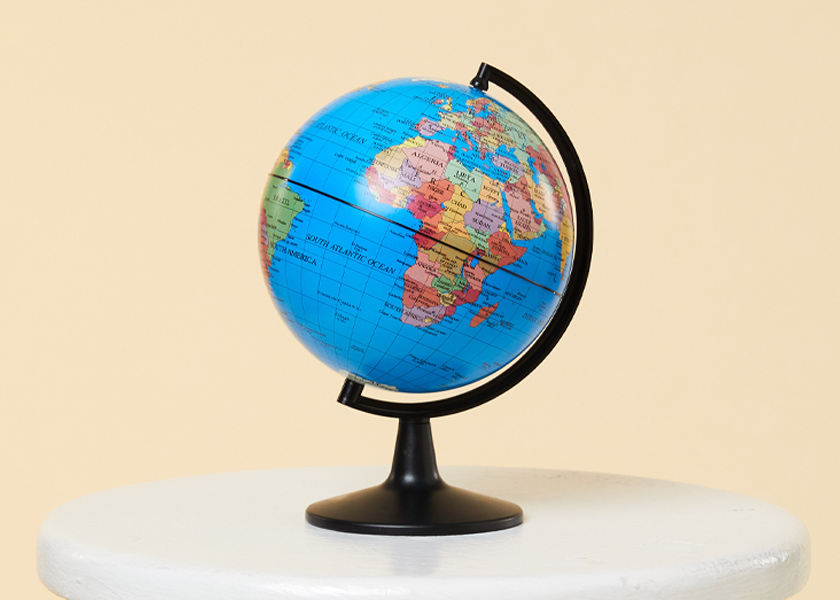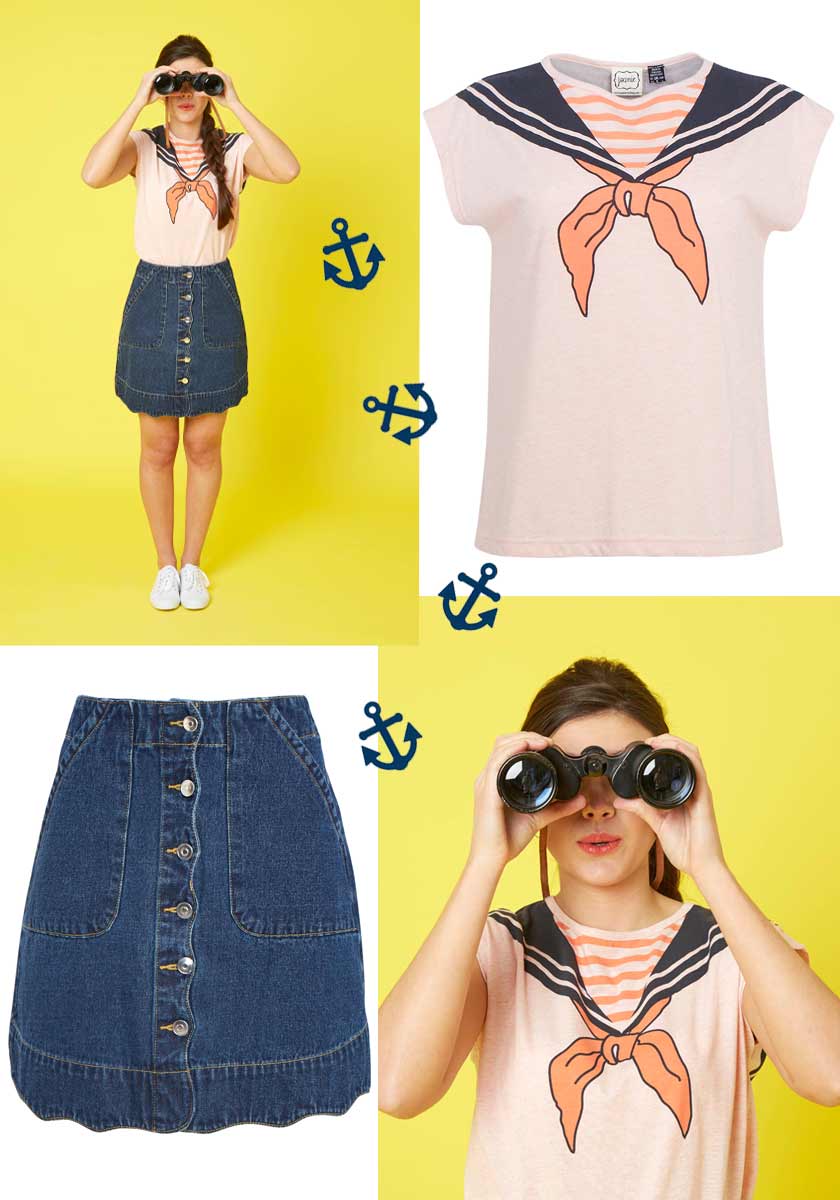Spring has officially sprung! In keeping with the theme of new beginnings, we thought it would be a great idea to update you Joanie Gals with where we’re at on our sustainability journey - what we’ve done so far and what we have planned for the future.
We’ve split this update into four parts to help get you all up to speed with our recent efforts to become more sustainable:
- Our supply chain
- Our materials
- Our partnerships and charities we’re working with
- Our aims for the future
Read on to find out more about where we are on our sustainability journey and where we hope to be by the end of this year.
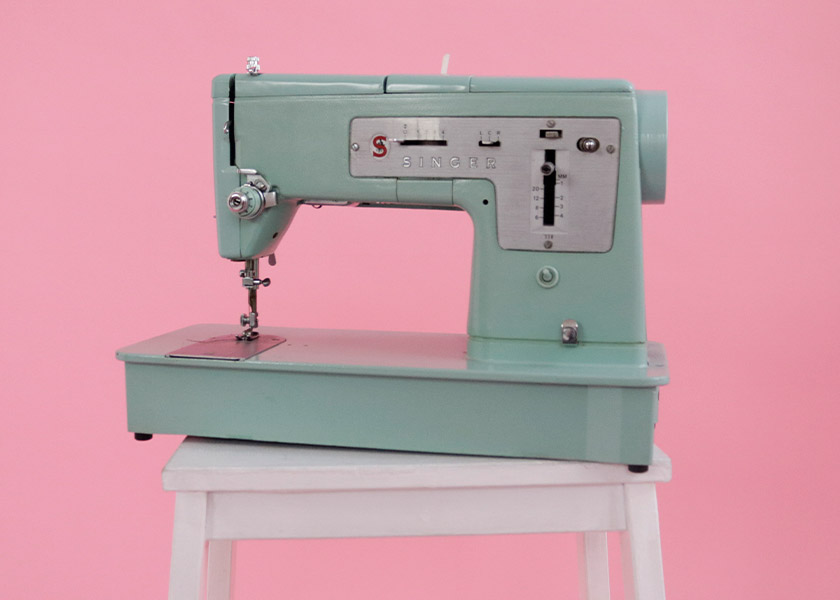
Our Supply Chain
We want to be open about the measures we currently take and what we can do to ensure we’re working as fairly and ethically as possible. While Joanie is still a relatively small independent business, we have huge ambitions when it comes to improving our practises and our environmental footprint.
SEDEX & SMETA
In our autumn update, we shared that we had joined SEDEX, meaning that all of our suppliers are part of a global ethical data exchange platform that enables the sharing of company data and social and ethical audits among its members. Originally, we had hoped to get 50% of our suppliers signed up to SEDEX by the end of 2021: we are pleased to say we beat this target and that all of our suppliers are now SEDEX members, and any new suppliers we work with must also be signed up to SEDEX.
SEDEX membership also ensures that all of our factories are audited by SMETA (SEDEX Members Ethical Trade Audit), who carry out audits against two or four auditing pillars. A two-pillar audit is mandatory and investigates labour standards and health and safety; a four-pillar audit combines this with two additional pillars, business ethics, and environment. In our last update, 70% of our factories were at least two-pillar SMETA audited, and we had hoped to raise this to 100% by the end of the year. We achieved this target, and all of our suppliers are now two-pillar audited. Currently, 22% of our suppliers are four-pillar audited, and by the end of 2022, we’re aiming to get this figure to 100%.
You can read more about our ongoing commitment to improving the sustainability and ethical credentials of our supply chain here, and more about SMETA’s auditing practises on their website.
Plastics
Last year, we tried to eliminate all virgin plastics from our supply chain: we aren’t fully there yet, but we’re making strides towards ensuring that all of the plastic we use is recycled. We’ve successfully switched to recycled low-density polyethylene (LDPE) clear plastic bags, which can be recycled again.
We’ve also sourced recycled replacement poly bags that we use for any returns that are refurbished at our warehouse. Our next goal is to source plant-based buttons and alternative zip tapes that don’t use virgin plastics, but, currently, these aren’t widely available or attainable at the price points we offer.
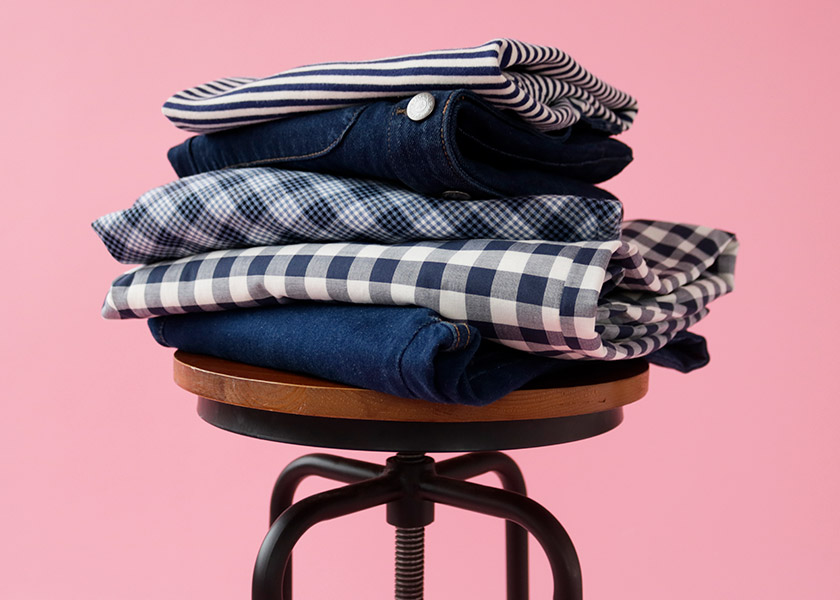
Our Materials
We’re working towards switching to sustainably sourced fabrics for as much of our range as possible - where a sustainable alternative exists (and is practical and attainable), we are committed to using it in the production of our garments.
To be considered sustainable, over 50% of the fibre content of the item must be eco-friendly: at the close of 2021, 63% of Joanie’s products were made from environmentally friendly materials, and we hope to raise this to 85% by the end of this year.
Cotton
As of the end of 2021, 59% of the cotton across our range is BCI (Better Cotton Initiative) standard or higher. Using BCI cotton allows BCI to forge partnerships with farmers in the cotton supply chain, working to improve social, economic, and environmental outcomes above that of conventional cotton.
Currently, 20% of our cotton is Global Organic Textile Standard (GOTs) certified, one of the highest standards in the industry. All of our T-shirts, denim, and twill lines are now made using a minimum of BCI-rated cotton as standard.
We are currently in the process of switching our garment care labels and back neck labels from polyester to organic cotton. Rather than create excess waste by discarding our old unused stock of polyester labels, we have chosen to use them up before fully transitioning to organic cotton. By the end of 2022, we are hoping to make 100% of our cotton products to BCI standard or higher.
Viscose
In January 2021, we introduced Lenzing™ Ecovero™ into our range across dresses and knits. Lenzing™ Ecovero™ is a viscose fibre derived from certified renewable wood sources, using an eco-responsible production process that meets high environmental standards. It’s an alternative to traditional viscose that has a smaller carbon footprint and is fully biodegradable.
As of the end of 2021, 61% of our viscose is Lenzing™ Ecovero™, and this year we are looking to roll this out further across our range. We are also going to introduce LivaEco, a softer and more fluid sustainable viscose that is sourced from India.
Recycled Polyester
To further our commitment to using fewer synthetic fabrics across our range, this year, we will be adding Repreve recycled polyester options into our product mix and working to develop a recycled polyester velvet alternative for our occasionwear range. In 2021, 45% of the polyester we used came from recycled sources, and this year we’re trying to eliminate virgin polyester from our fabric option list.
Recycled polyester promotes circular fashion, giving new life to non-biodegradable materials: any polyester we use must have a minimum recycled content of 50% recycled fibres. Our polyester care labels and back neck labels are gradually being phased out and replaced by organic cotton replacements.
Vegan-Friendly
As of January 2021, we no longer use animal products or by-products in the creation of our garments. We never use leather, cashmere, mohair, Angora, wool, fur or animal hair, feathers or down, silk, bone, teeth, horn, or shell. These components are banned from our production, making all Joanie products vegan-friendly.
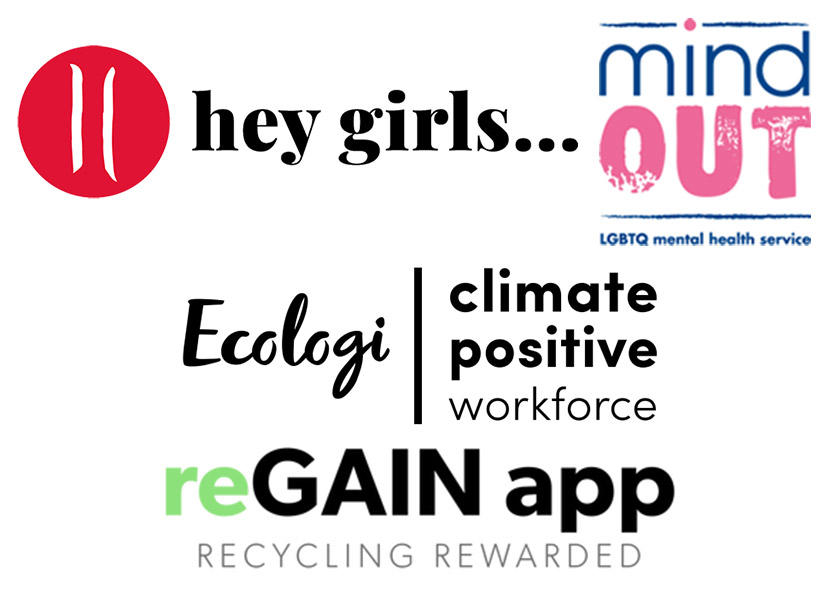
Our Partnerships
We love to support causes that are close to our hearts through our collaboration styles, wherein a portion of each sale is donated to a nominated charity. In 2020 and 2021, we worked with Age UK, The Girls Network, Dogs Trust, and the Pankhurst Centre to raise a combined total of £14,298! This year, we’re partnering with two more worthy causes, Hey Girls and MindOut, to help raise funds through the sales of our pink cord Mercer pinafore/Bleecker dungarees and our Bungle jumpers, respectively.
We are a Climate Positive Workforce and are signed up with Ecologi to offset all of our business and personal travel by growing our own company forest. In January 2022, we planted a tree for every single Joanie order, upping the number of trees in our forest to over 7800! You can read more about this in our blog and find our up-to-date tree count here.
We’re also partnering with ReGAIN, offering you a more sustainable way to clear out the clothes you no longer love while earning Joanie discounts at the same time! By donating your old clothes through ReGAIN, you’re extending their lifecycle and ensuring that they don’t end up in landfill: you can read more about ReGAIN here on our blog or on their website.
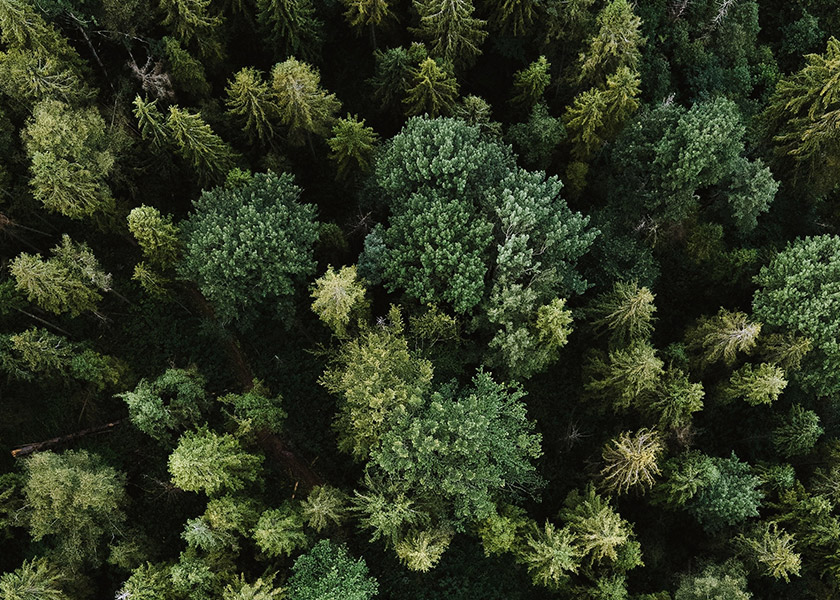
Our Aims for the Future
Here at Joanie, we’ve got big plans for the future. This year will be one of our most important so far in terms of sustainability, and we want to be as open as possible with you about what we’re trying to do.
By the end of 2022, we want at least 85% of our range to be sustainable, and we’re aiming to have all of our suppliers audited against SMETA's four pillars. We are looking into sourcing more ethical denim, velvet, and sequin options, too, as well as looking into plant-based alternatives to virgin plastic buttons.
We’re also going to be carrying out carbon assessments, allowing us to measure our progress and work towards lowering the average carbon footprint of Joanie products. Finally, we’re going to offer sustainable investments for our staff pensions, and we are switching to greener energy suppliers for our Manchester office.
Our work towards a more sustainable business model will continue to be supported by our Sourcing and Sustainability Consultant, Julia Redman. We’ve been working with Julia since 2020, and we’ve made so many huge advances since then. When asked about our journey so far, this is what she had to say:
“Since joining Joanie Clothing in 2020, the level of commitment from the business and its suppliers to developing a more sustainable supply chain has been unwavering. We have achieved significant progress in supplier auditing, more environmentally friendly fabric sourcing, and organic labelling. Our goals for 2022 include the sourcing of environmentally friendly trims and accessories such as buttons, new collaborations with environmental charities and organisations, and a continued focus on environmental initiatives in our supply chain. Watch this space!”
Julia Redman, Sourcing and Sustainability Consultant
If you’d like to find out more about our commitment to improving the sustainability of our brand, we’ve recently revamped our Sustainability and Ethical Policy, which you can read here. We’ll be posting more seasonal updates throughout the rest of the year, so keep an eye on our blog for our most up-to-date figures and sustainability announcements!






